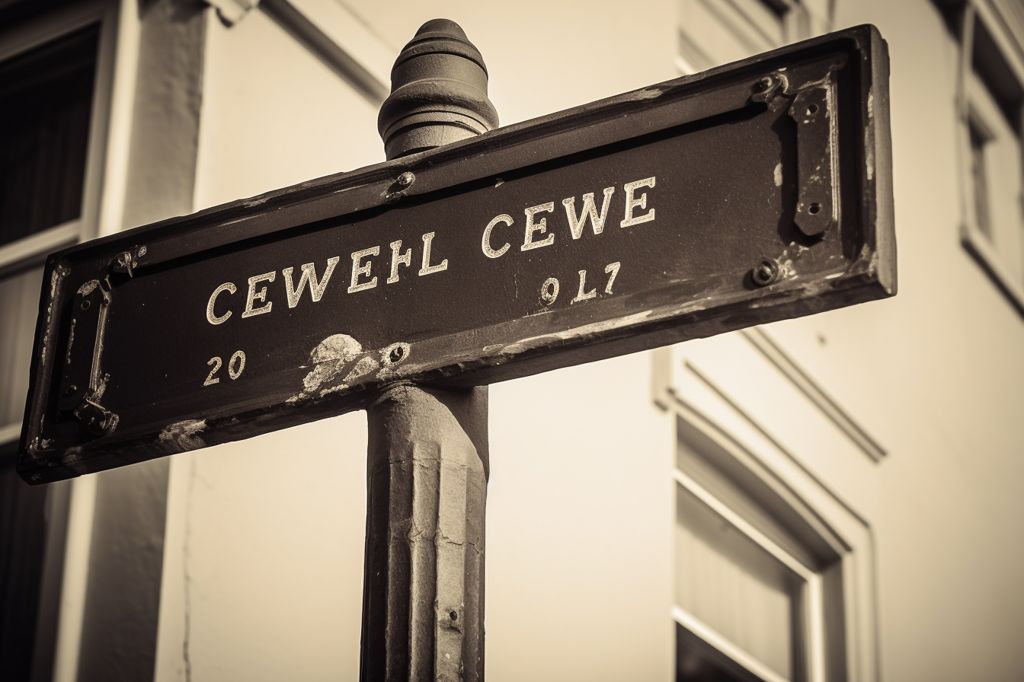The City of Cape Town has taken a significant step towards building a more inclusive and cohesive society by establishing a Naming Committee. This committee, chaired by the city’s Deputy Mayor and Mayoral Committee Member for Spatial Planning and Environment, Alderman Eddie Andrews, will focus on the naming and renaming of council-owned streets, buildings, public open spaces, and other entities.
The Inaugural Meeting
The newly established Naming Committee held its inaugural meeting on May 26, 2023, with Alderman Andrews expressing his enthusiasm for the task at hand. The primary objective of this committee is to consider and make recommendations regarding the naming and renaming of council-owned streets, buildings, public open spaces, and other entities.
The Importance of Names
In his address to the Naming Committee, Alderman Andrews emphasized the crucial role that names play in fostering pride, identity, and a sense of belonging among residents. He encouraged the committee members to keep these considerations in mind while deliberating on applications for new names or the renaming of existing ones, as well as during public participatory engagements around these topics.
A Dual Nature Task
Acknowledging the dual nature of the task ahead, Alderman Andrews described the committee’s work as both complex and stimulating. While the committee must navigate South Africa’s oppressive past, they also have the opportunity to use names and language to celebrate the city’s rich cultural and heritage diversity. Alderman Andrews assured residents, communities, and interest groups that the committee would strive to build trust and maintain consistency in applying underlying principles while considering proposals.
Promoting Inclusivity and Social Cohesion
The Naming Committee’s formation aligns with global efforts to promote inclusivity and social cohesion. By addressing potentially problematic names and ensuring that new names reflect the city’s diverse population, the committee aims to create a “City of Hope” where all residents feel welcome and included.
Fostering Dialogue
Cape Town’s Naming Committee also brings attention to the importance of fostering dialogue around names and their historical and cultural significance. Through public participatory engagements, the Naming Committee will create a platform for residents to voice their opinions and contribute to shaping the city’s collective identity.
In conclusion, the Naming Committee’s establishment marks a significant milestone in Cape Town’s journey towards social cohesion and inclusivity. The innovative approach taken by Cape Town sets an inspiring example for other cities and communities worldwide as they too strive to foster inclusion and unity within their own unique contexts. By considering and addressing the complex history and cultural diversity of the city through the naming process, the committee aims to create an environment where all residents feel a sense of pride, identity, and belonging.












